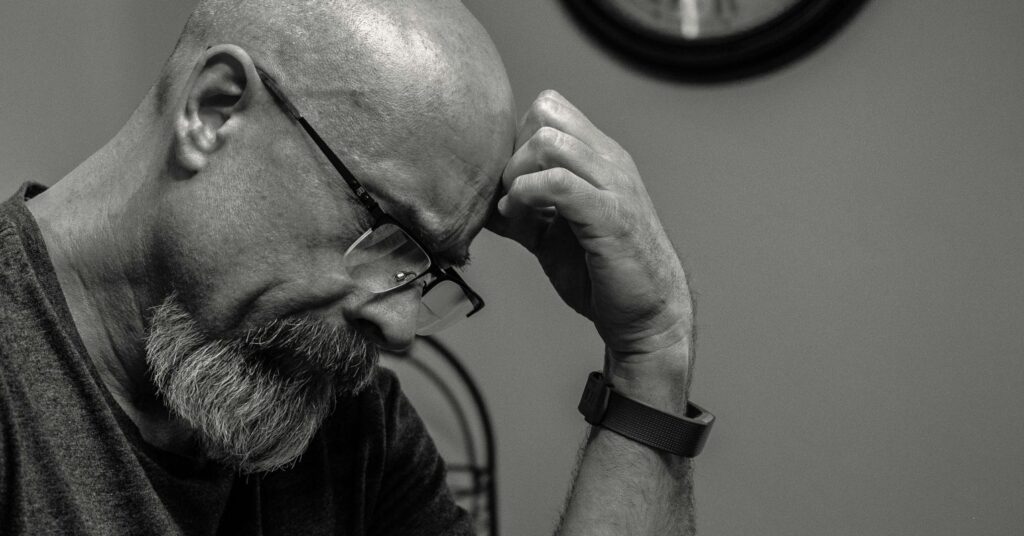Surviving an emergency situation requires quick thinking and instinctual decision-making. On June 12, 2025, an Air India flight to London tragically crashed, resulting in the loss of 241 passengers and 8 individuals on the ground. However, amidst the devastation, one passenger, Vishwash Kumar Rameh, miraculously survived.
Rameh’s survival can be attributed to his quick cognitive adjustments under extreme stress. Situated near the emergency exit, Rameh was able to escape through a partially open door, seizing the opportunity for survival. Research suggests that rapid decision-making in emergencies often leads to more positive outcomes, as individuals can act swiftly in response to imminent threats.
Psychologist Kahneman’s theory of dual processing explains how individuals utilize System 1 thinking, characterized by fast, intuitive responses based on instinct and pattern recognition, in emergency situations. This instinctual thinking allows individuals to make rapid decisions without the need for extensive deliberation. In Rameh’s case, his System 1 thinking kicked in, prompting him to seize the opportunity to escape.
While System 2 thinking, which involves logical and reflective decision-making, is valuable in certain scenarios, System 1 thinking is crucial in emergencies where quick action is essential. By preparing and training oneself to think instinctively in high-pressure situations, individuals can improve their System 1 decision-making skills and increase their chances of survival.
Ultimately, while Rameh’s survival is a remarkable story, it is essential to remember and honor the lives lost in the tragic AI171 crash. Each individual onboard had hopes, dreams, and loved ones, and their loss is deeply felt. Our thoughts are with the victims and their families during this difficult time.

